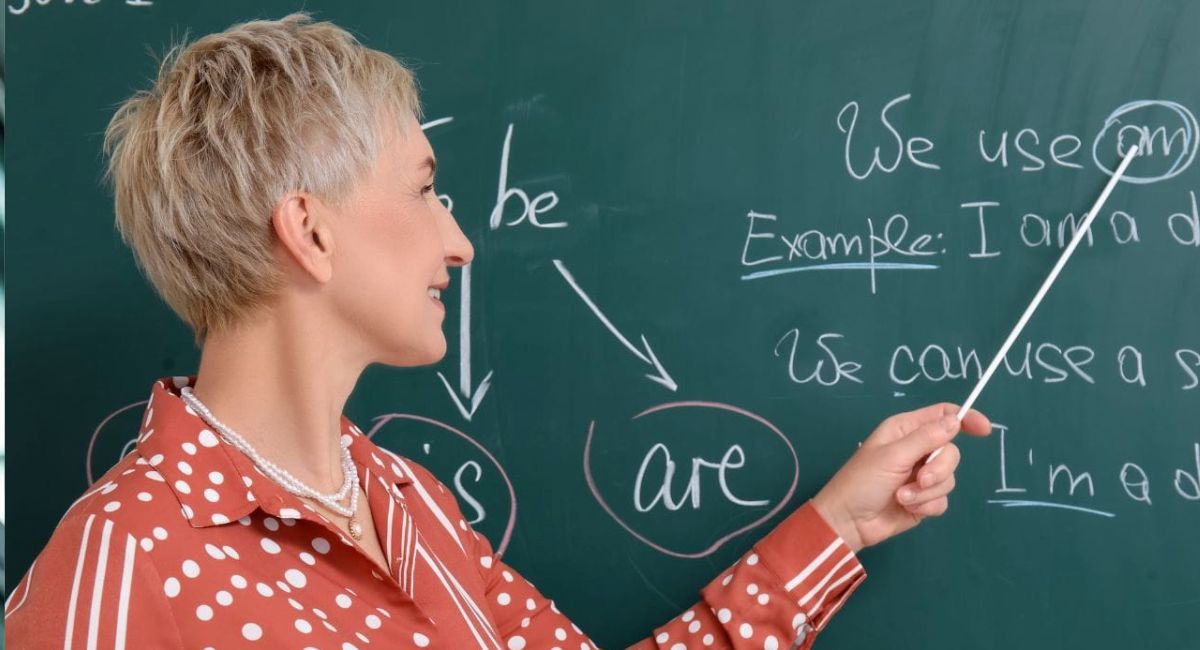
The most crucial component of English grammar is the independent clause. With style, clarity, and professionalism, it is one of the key characters of independent clause examples sentence structure that determines the quality of the prose. Students, professionals, and even novices in writing still seek independent clause examples to master it, as seen in searches made for them.
One of the fundamental aspects of independent clauses is the “grammar” of a language. Very important to language learning and student prose styles. You can see all the constraints and each of independent clause examples, as they are applied in a specific context. This guide is very useful in learning more about them and in sharpening your article writing skills, particularly for teachers who are language learning guides.
What Is an Independent Clause?
An independent clause is a group of words that contains a subject and a predicate and expresses a complete thought. This means it can stand alone as a sentence.
For example:
- She reads every morning.
- The dog barked loudly.
Both of these sentences are independent clauses because they have a subject (“she,” “the dog”) and a predicate (“reads every morning,” “barked loudly”). Most importantly, they express complete thoughts without needing additional information.
Independent clauses are the foundation of clear writing. They can function as simple sentences, or they can be combined with other clauses to form more complex sentence structures.
Independent Clause vs. Dependent Clause
To fully understand independent clauses, it’s essential to distinguish them from dependent clauses.
- Independent clause: Can stand alone.
- Example: I enjoy coffee.
- Dependent clause: Cannot stand alone and needs an independent clause to make sense.
- Example: Because I enjoy coffee (incomplete on its own).
👉 When you combine them: Because I enjoy coffee, I drink it every morning.
This distinction is critical for writing grammatically correct and meaningful sentences.
Why Independent Clauses Matter in Writing
Independent clauses are essential for several reasons:
- Clarity – They allow you to express complete ideas without confusion.
- Flexibility – You can use them alone as simple sentences or combine them to form complex and compound sentences.
- Variety – They help you vary sentence structure, making your writing more engaging.
- Grammar accuracy – Understanding them prevents run-on sentences and fragments.
Independent Clause Examples in Simple Sentences
A simple sentence is just one independent clause.
Examples:
- The sun rises in the east.
- He plays the guitar.
- They went to the park.
- I love reading novels.
- We are learning grammar.
Each of these examples has a subject and a verb and expresses a complete thought.
Independent Clause Examples in Compound Sentences
Compound sentences are formed when two or more independent clauses are joined together with coordinating conjunctions (for, and, nor, but, or, yet, so).
Examples:
- I wanted to go for a walk, but it started raining.
- She studied hard, and she passed the exam.
- We can watch a movie, or we can play a game.
- He enjoys running, yet he hates going to the gym.
Notice how each part could stand alone as an independent clause.
Independent Clause Examples in Complex Sentences
Complex sentences often combine independent and dependent clauses.
Examples:
- I stayed home because it was raining.
- She smiled when he walked into the room.
- Although he was tired, he finished his homework.
Here, the bolded parts are independent clauses:
- I stayed home.
- She smiled.
- He finished his homework.
Independent Clause Examples with Semicolons

Independent clauses can also be joined using a semicolon independent clause examples when they are closely related.
Examples:
- I have a meeting tomorrow; I need to prepare my notes.
- She loves painting; her brother prefers music.
- The restaurant was crowded; we decided to eat somewhere else.
This style is often used in formal or academic writing.
Independent Clause Examples in Everyday Writing
Independent clauses are everywhere in daily communication. For instance:
- Emails: “I’ll send you the report tomorrow.”
- Text messages: “We’re meeting at 7.”
- Business writing: “The project deadline is next Friday.”
- Academic writing: “The results indicate a significant improvement.”
Recognizing these clauses helps improve both casual and professional writing.
Common Mistakes with Independent Clauses
Even though independent clauses are straightforward, writers often make mistakes when using them.
1. Run-on Sentences
Incorrect: I love pizza I eat it every Friday.
Correct: I love pizza, and I eat it every Friday.
2. Sentence Fragments
Incorrect: Because I was tired.
Correct: I went to bed early because I was tired.
3. Misusing Semicolons
Incorrect: I went shopping; and I bought apples.
Correct: I went shopping, and I bought apples.
Teaching Independent Clauses: Tips for Students and Teachers
For students, the easiest way to identify an independent clause is to ask: “Can this sentence stand on its own?” If yes, it’s independent.
For teachers, using plenty of independent clause examples in lessons helps reinforce understanding. Activities such as combining clauses, correcting run-ons, and writing practice sentences can make grammar engaging and practical.
Independent Clause Examples in Literature
Independent clauses are not limited to textbooks—they appear in literature, speeches, and famous quotes.
Examples:
- “The truth will set you free.” – The Bible
- “Knowledge is power.” – Francis Bacon
- “Time is money.” – Benjamin Franklin
Each of these timeless sentences is a perfect independent clause.
Independent Clause Examples in Creative Writing
Writers use independent clauses to build rhythm and pace.
Examples:
- He opened the door, and the cold wind rushed in.
- The city lights sparkled; the night was alive with energy.
- She wanted to scream, but she stayed silent.
The mix of short and long independent clauses makes writing more dynamic.
Practice: Identify the Independent Clause
Try spotting the independent clauses in these sentences:
- Although it was late, we kept talking.
- The dog barked, and the cat ran away.
- She studied all night because the exam was difficult.
Final Thoughts
Understanding and mastering independent clauses is essential for becoming a confident writer. By studying independent clause examples across simple, compound, and complex sentences, you gain the tools to write clearly and effectively.



